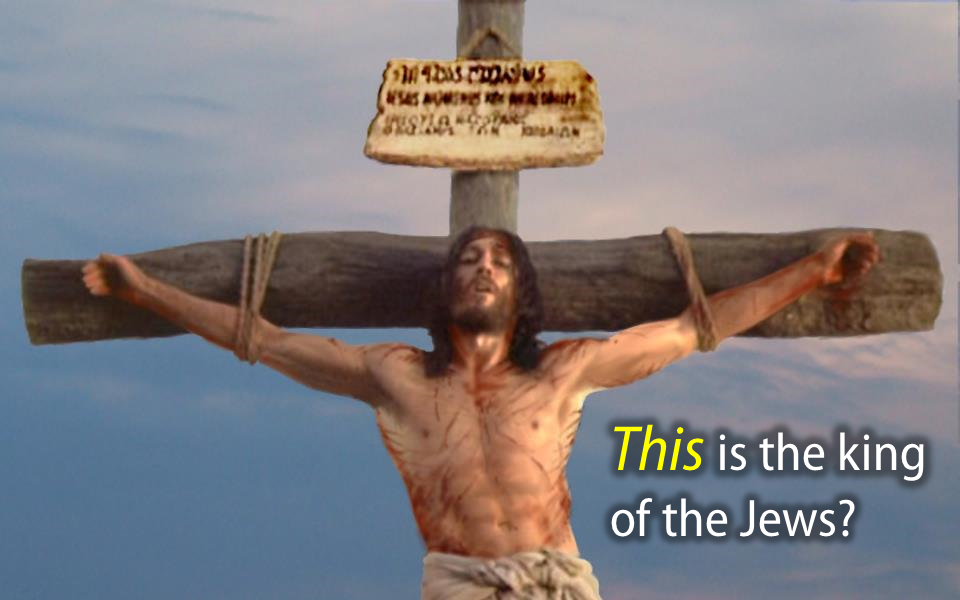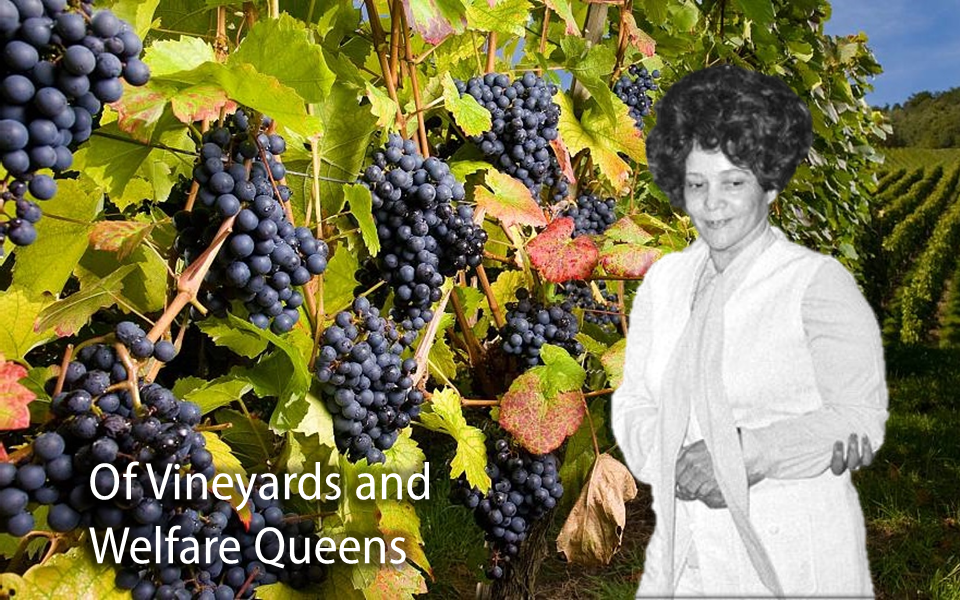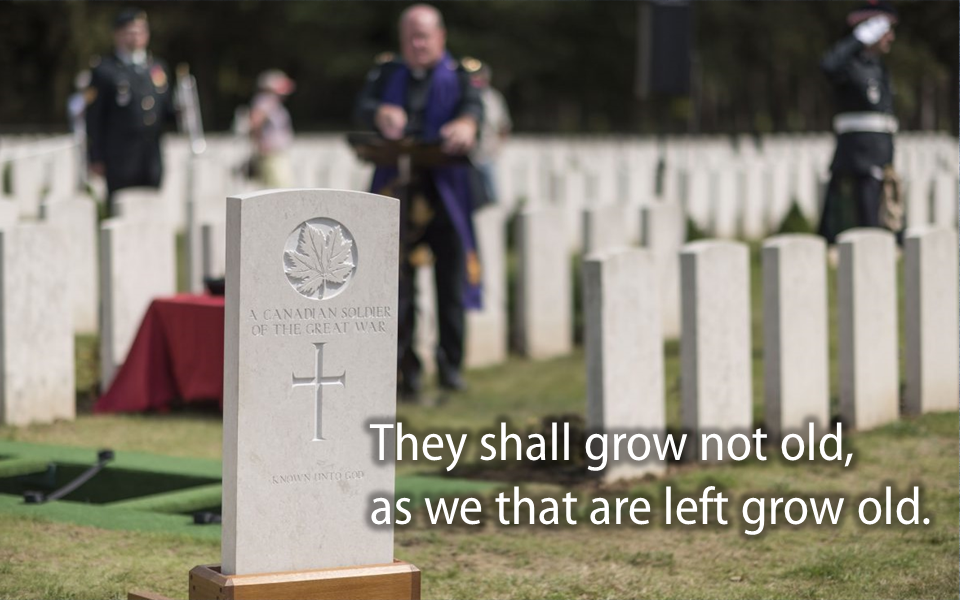Hespeler, 24 November 2019 © Scott McAndless – Christ the King
Jeremiah 23:1-6, Psalm 46, Colossians 1:11-20, Luke 23:33-43
“This is the king of the Jews?” The Gospel of Luke tells us that these were the words that were posted on the wood of the cross upon which Jesus was crucified. And, since crucifixion was all about public display and warning others not to threaten the stability of the Roman Empire, it is plain enough why that sign was posted there. It was the charge upon which Jesus had been convicted. Pontius Pilate had sentenced him with the crime of sedition, insurrection and of threatening the sovereignty of the Roman Empire.

And yet I cannot help but wonder if, when Pilate ordered that those words be printed, he maybe didn’t say it like that, as a serious and solemn charge. I think that what he said was, “This is the king of the Jews?” as in, “Is this the best you can do? It this really what you call a king?” For Jesus had none of the trappings of a king. He did not wear a diadem or a royal robe. He had a motley crew of fishermen and tax collectors (all of whom seemed to desert him when the going got rough) rather than royal retainers and trained bodyguards. And, though he spoke with such authority, he had absolutely no earthly power to back it up. He wasn’t a king; he was a joke, a farce, a minor annoyance at best. So did Pilate declare, or at least so he tried to convince himself.
But we know different, don’t we? We declare Jesus to be our prophet, our priest and our king. Today is the Sunday of the year devoted to his kingly power and position. But, if Jesus is king, he is a king unlike any others that we have ever seen in this world. So what does it mean, on a day like this, to claim Jesus as our king?
I find that there is a certain reluctance these days to talk about Jesus as a king. In many churches, the last Sunday before the start of Advent is not called “Christ the King Sunday” anymore, but rather “Reign of Christ Sunday.” I understand why people do that, of course. The word king is archaic; as modern people who have had no experience of an effective ruling monarch (Queen Elizabeth, after all, is explicitly banned from exercising any political power), we aren’t quite sure how to relate to the notion of a king.
But I actually think that there are some good reasons to hold on to the original language. Jesus lived, after all, for his whole life within an actual kingdom. He lived in the Kingdom of Galilee and the Peraea. (Actually it was technically a tetrarchy and its ruler, Herod Antipas, was technically a tetrarch and not a king, but that was actually something that made no practical difference to the people who lived under Herod’s rule.) That meant that every single time that Jesus used the phrase, the kingdom of God or the kingdom of heaven, and suggested (as he did all the time) that there were people living in the reality of such a kingdom, he was essentially denying the very real political reality that surrounded him. He was denying that he lived under the jurisdiction of King Herod Antipas. And if Jesus was, in any sense, a king, he was clearly a king who stood in sharp contrast to King Herod and everything that he stood for.
So actually, if you want to understand what it means to call Jesus your king and to belong to his kingdom, you have to look at the kingdom of Herod and understand it. You have to see what kind of contrast Jesus was trying to set up. For example, the kingdom of Herod was set up on one principle above all others: exploitation. Galilee contained a unique resource, the Sea of Galilee, the largest freshwater lake anywhere in the ancient Mediterranean world. Did you know that King Herod Antipas attempted to dominate the fish trade by controlling that lake?
During Jesus’ lifetime, Herod built an entirely new capital on the shores of the Sea of Galilee for the purpose of taking as much profit as he possibly could from the fishers on that lake. Fisherman like Peter, James and John followed Jesus because, when he spoke about an alternate kingdom, the kingdom of God, he challenged the authority of the kingdom of Herod that had been bleeding them and their families dry.
When Jesus fed the multitude in the wilderness by giving to the people of Galilee the bread and the fish of Galilee, he was doing it in direct defiance of King Herod who claimed all of the bread and fish of Galilee for himself and his buddies so that they could get even richer.
Jesus’ claim to be a king was not made in a vacuum, it was not something that only applied to spiritual things or to heavenly realities and it was not just about getting people to heaven when they died. It may have been all of these things, but it was also much more – it was the intentional opposite of Herod Antipas and everything that he stood for. What’s more, Jesus’ own contemporaries – both his disciples and his enemies – knew that that was exactly what it meant to call Jesus a king. It was clear to them.
It is going to take a little bit more work for us to sort out today what it means to call Jesus our king. It is not immediately clear what the kingship of Jesus stands in contrast to. But consider this description from the letter to the Colossians: “[God] has rescued us from the power of darkness and transferred us into the kingdom of his beloved Son, in whom we have redemption, the forgiveness of sins.” Having Jesus as your king, belonging to his kingdom, means, according to this, being rescued and being transferred. In Jesus’ lifetime, that meant being rescued from Herod and the darkness of his plans, and transferred into the different reality of the kingdom that Jesus preached. Today we might understand that as being rescued from all the ways of this present world and the ways that they tend to darkness and being transferred to an alternate reality.
Think, for example, of the ways in which modern society drives people into relentless consumption. It’s a message that we are constantly surrounded with. If you have a problem, you need to buy something that will save you from that problem. If you are overweight and out of shape, for example, you need to buy yourself a gym membership or a piece of exercise equipment. And so people go out and do that, and then what happens? They don’t follow through. They never actually go to the gym and the exercise equipment gets stored in the attic until eventually it gets put in a yard sale. But that doesn’t matter, you see, because we have been convinced that the way you solve your problems is by buying something. The purchase is enough to save you.
And that’s true in many other ways. When people feel a spiritual lack in their life these days, what do they do? They go out and buy something. That’s one reason, for example, why the Bible remains one of the best-selling books in the world. They are constantly putting out new editions of the Bible because they know that people will buy them seeking to fill that spiritual hole. But, while the Bible is still the best-selling book in the world, it’s also one of the least read. People seem to assume that just purchasing one is enough to spark that spiritual revolution they know they need. But actually reading the book, or continuing to read it when the going gets tough, that’s where people drop out.
This is the philosophy of our society. And the relentless consumerism continues until what do we see? We see people buying and buying and buying until they can’t pay their bills and they go into debt. And does it solve anything? Usually not. But that doesn’t matter because the message we get back is that the next thing you buy is going to solve everything and so you just keep going. That’s one example of the darkness of our present age. Acknowledging Jesus as your king means that you get rescued from that relentless cycle and transferred to a different reality, the reality where you recognize that material goods are never going to fill that void that is within you. Are you willing to take Jesus as your king if that is what it means?
That is but one example of the darkness of our present age. Consider the extreme competitiveness of our time. People seem to be locked into a relentless battle to be seen as better than the people who surround them. In our capitalist society that is most often achieved through financial means; if you can manage to be paid more or to own more than your neighbours, you can see yourself as a winner. In some other arenas, money is not what is used to keep score. Sometimes it’s other signs of privilege or standing. But whatever it is, the competition and our modern world is relentless. People fall into depression and despair because they simply cannot keep up. This is a darkness of our present time. It drives things like inequality and poverty as some people inevitably get to claim much more of the resources of this world, even what they don’t actually need, to the detriment of others. And, in such a world, to take Jesus as your king means that you are rescued from needing that relentless competition to find your self-worth. It means being transferred into a kingdom where your ultimate worth is not based on how much you’re paid or what title you have but on the love that you receive from God and the love that you give.
But perhaps the greatest element of the darkness of our present age is found in the relentless desire to punish and seek revenge. How many wars are fought, how many people are vilified or ostracized because they belong to a people who, for whatever reason, somebody else has decided is the enemy. The ways that we hold on to past hurts and the wrongs that are committed against us are slowly tearing this world apart and yet we cannot let go of it because this enmity has become a part of who we are. This is the darkness of the kingdom of this present world.
But when you acknowledge Jesus as your king, you are rescued from that world and you are transferred to the kingdom of a king who had the greatest indignities committed against him, the greatest pain inflicted upon him and yet hung there and said, “Father, forgive them; for they do not know what they are doing.” His kingdom, the kingdom of the one “in whom we have redemption, the forgiveness of sins,” is a kingdom where we learn the power of forgiveness.
That does not mean, of course, that we continually have to let the people who have wronged us off from the consequences of their sins or their crimes, but it does mean that we are set free from that relentless need to take vengeance in order to feel good about ourselves. That need is a part of the darkness of this world and you have been rescued from that and transferred to the kingdom of the king of forgiveness.
That is the king that we serve. That is what it means to call Christ our King. And I fully realize that other people will look at that and incredulously say, “you call that a king?” The world won’t understand. The world is trapped in darkness. We belong to a different Kingdom because we have a different kind of king and his rule will last forever and ever, amen.


